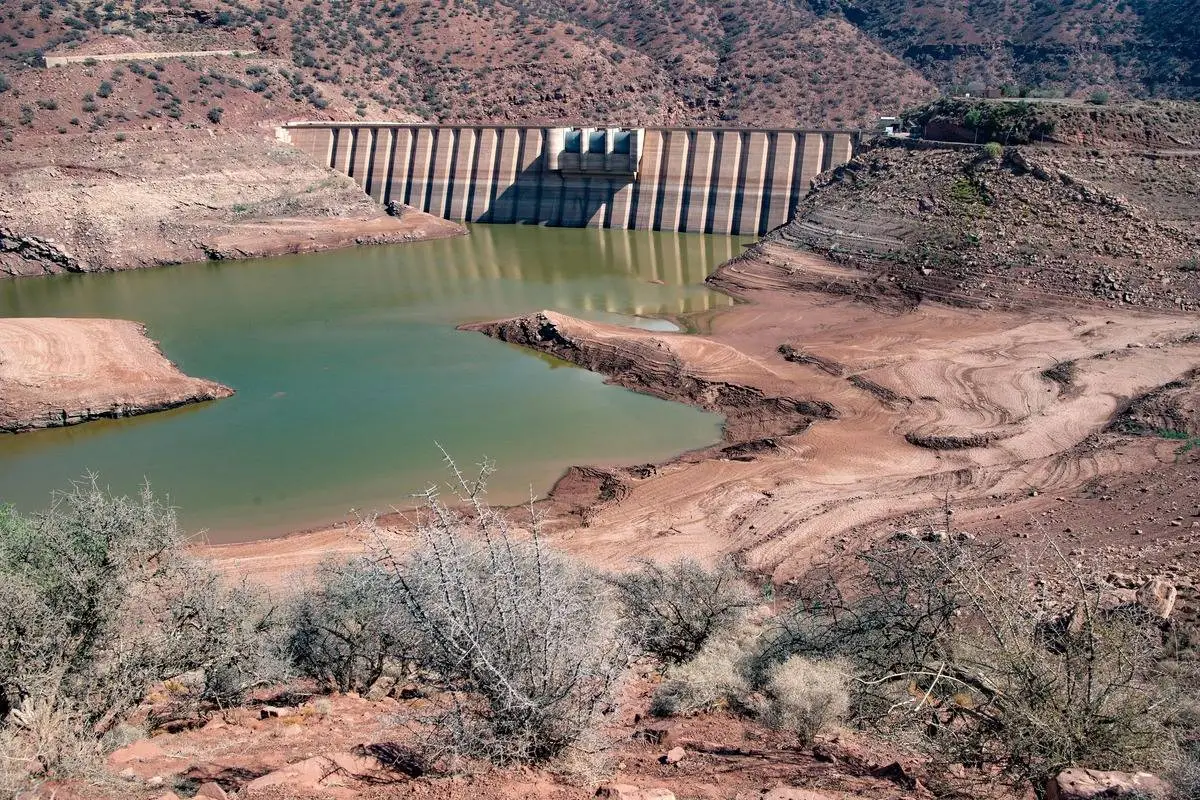
Morocco has embarked on a cutting-edge initiative to safeguard two of its most critical dam systems, with support from the Japan International Cooperation Agency (JICA).
The project, officially signed on September 11, 2025, targets the Moulouya and Sebou basins—key sites for both water supply and hydroelectric power generation.
The four-year, $5 million initiative aims to tackle a persistent challenge: sediment accumulation in reservoirs. Such sedimentation reduces storage capacity and undermines the efficiency of dams, threatening water security and energy production.
Through this collaboration, Morocco seeks to implement advanced monitoring and maintenance solutions that combine modern technology with scientific expertise.
Planned measures include predictive software to model sediment movement and the use of satellite imagery to track infiltration and sediment inflow. Specialized equipment will facilitate reservoir cleaning, while high-precision instruments will measure sediment flows, giving managers reliable data to plan timely interventions.
Beyond technological upgrades, the project emphasizes capacity building. Moroccan engineers and executives will receive specialized training in hydrogeomorphological monitoring techniques, equipping them to interpret data accurately and make informed management decisions. A pilot site will serve as a testing ground for early recommendations before they are expanded to all relevant dams.
“This protocol represents a meaningful step toward sustainable dam management,” said a project coordinator. “By combining international expertise with local knowledge, we aim to extend the operational lifespan of our dams and secure water and energy resources for the future.”
The Maghreb region has increasingly become a hub for innovative energy and water management projects. Algeria has invested heavily in solar and hydroelectric power, while Tunisia explores mixed renewable and dam-based solutions. Morocco itself has undertaken large-scale hydroelectric complexes in the Ourika basin and seawater desalination projects, reflecting a regional drive to balance energy production with sustainable water management.
By addressing sedimentation proactively and enhancing managerial expertise, this Morocco-Japan collaboration could become a model for other Maghreb countries confronting similar challenges. As climate change and growing water demand intensify pressures on hydraulic infrastructure, initiatives like this are crucial for securing the region’s water and energy future.



